Gospel for Asia
-
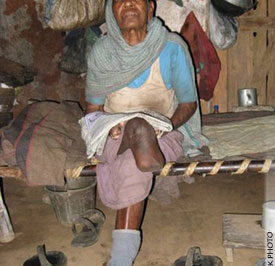
Assessing the Needs of the Outcast and Unloved
Surya Bandi knew exactly where to find the most unloved people in his community. They all lived in the same place—a small slum area outside the main city. Their homes are shacks cobbled together from whatever bits and pieces of wood, paper and plastic they can find. Their clothes are ragged, and most don't have…
-
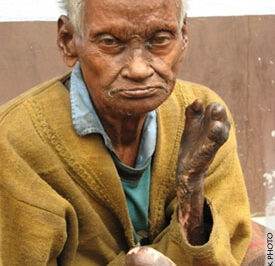
His Leprosy Vanished
When the white patches began appearing on Jonjin Dola's skin, he didn't worry too much. He thought it was just a rash that would heal up. Jonjin continued about his daily life unaware that he had leprosy.For most of the Western world, leprosy is a disease that no one really thinks about anymore. The disease,…
-
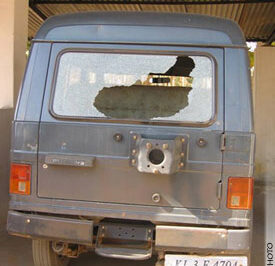
Youths Attack India Bible College
What started as a prank in preparation for a local religious festival in Assam, India, turned violent this month, resulting in the destruction of property at a Gospel for Asia-supported Bible College and a death threat against one of its faculty members.In preparation for the harvest festival, young people in this northeastern Indian state have…
-
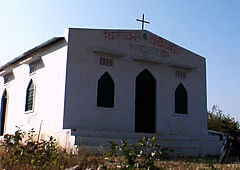
Anti-Christian Extremists Use Religious Festivals to Harass Christians
In one South Asian state, Christians in two different villages have been harassed and intimidated by anti-Christian extremists who are using their religious festivals as opportunities to humiliate the believers.Local Goddess WorshipersProblems started for Pastor Jakson Kinar when people in his village erected a statue of a local goddess directly in front of the place…
-
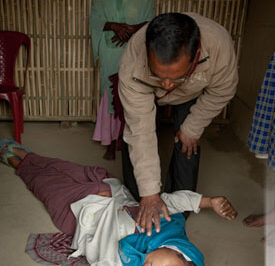
A Tribal Girl Is Delivered
Yatharth's family was very worried about her. The once healthy and vibrant girl was now out of control. Her erratic behavior suggested she might be having a serious mental breakdown. But the truth was much more frightening.Yatharth was born into a tribal group in a remote area of Asia. Her family was diligent in worship…
-
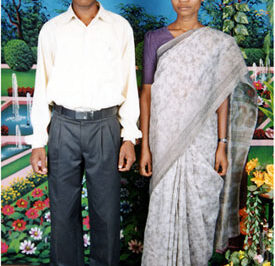
Falsely Accused, Justice May be Near for GFA-Supported Pastor
After nearly seven years in prison, Pastor Samuel may be close to freedom—if a final hearing scheduled for January 24 results in a favorable verdict.After years of waiting, his wife and children—sustained by the prayers of believers around the world—still have faith the Lord will bring him home soon.Last Thursday, Pastor Samuel's attorney convincingly presented…
Recent Posts
- Extraordinary Discovery Made Following the First Baptist Dallas Fire
- Teenager Rushes to Aid Elderly Woman Following Car’s Plunge Into Lake
- ‘Coordinated Sabotage’ Disrupts French Rail Network Ahead of Olympics
- Ancient Fort Found in Jerusalem, Unraveling 3,000-Year-Old Enigma
- 18 Christians Killed in Overnight Attack




